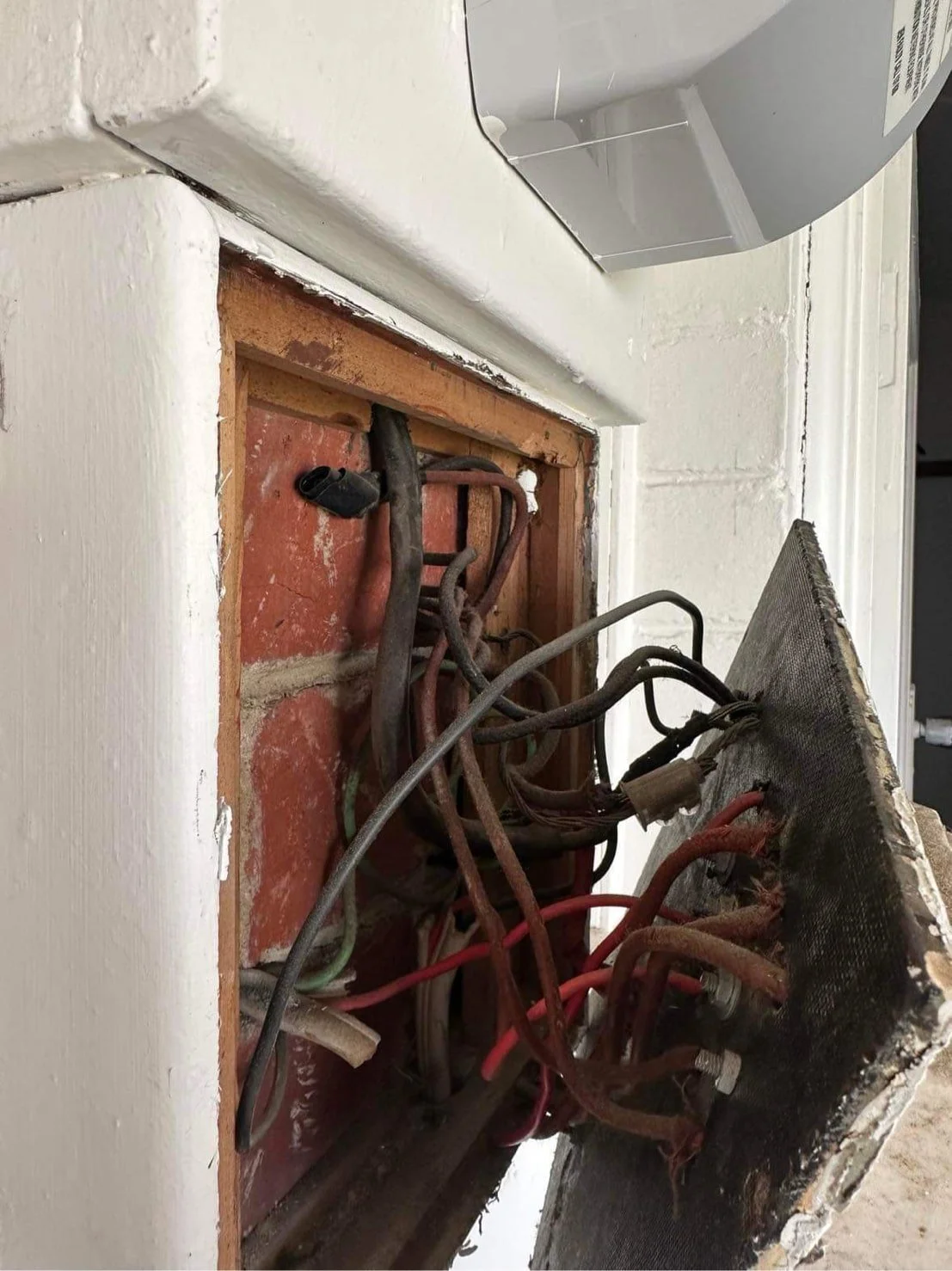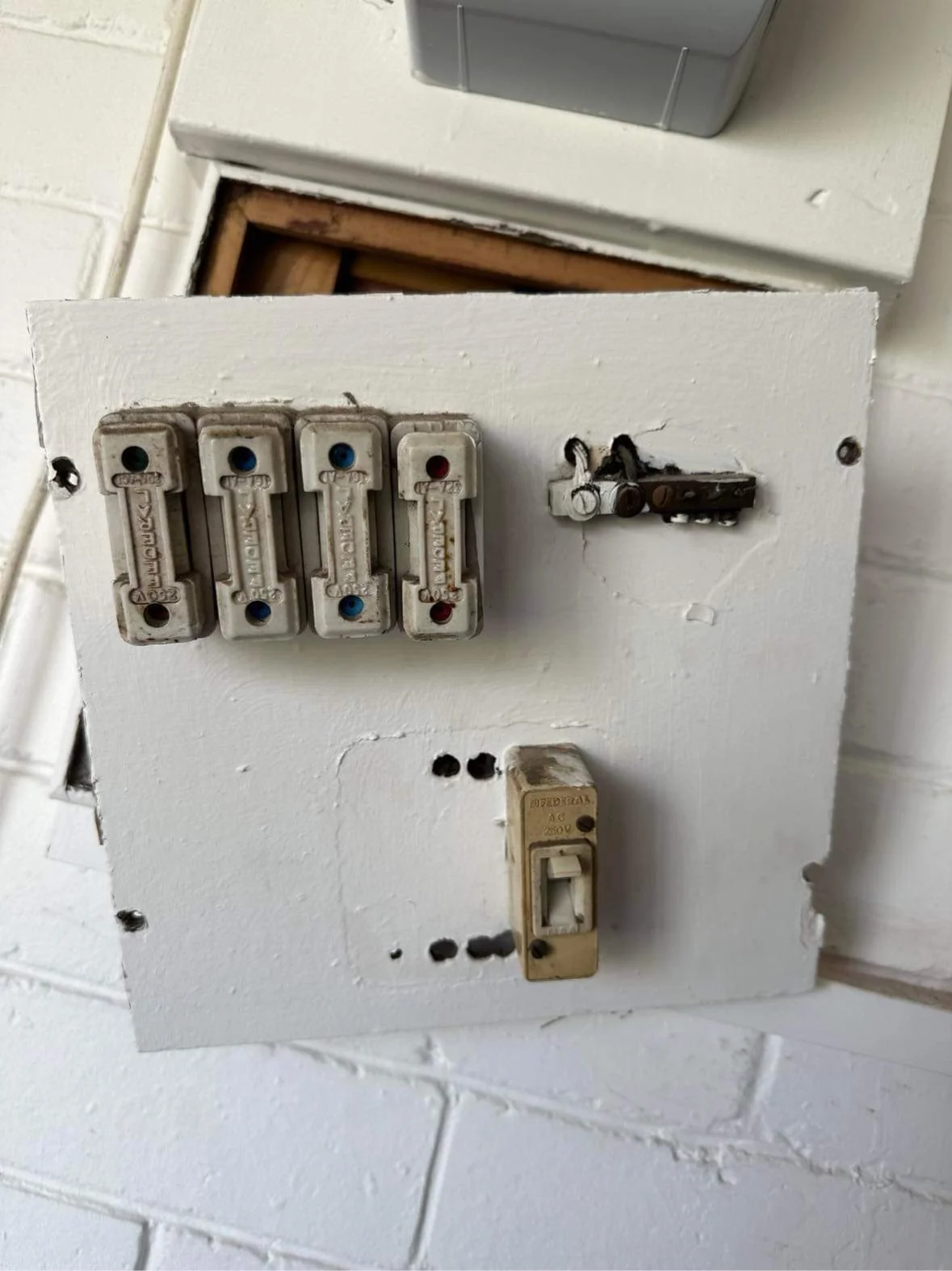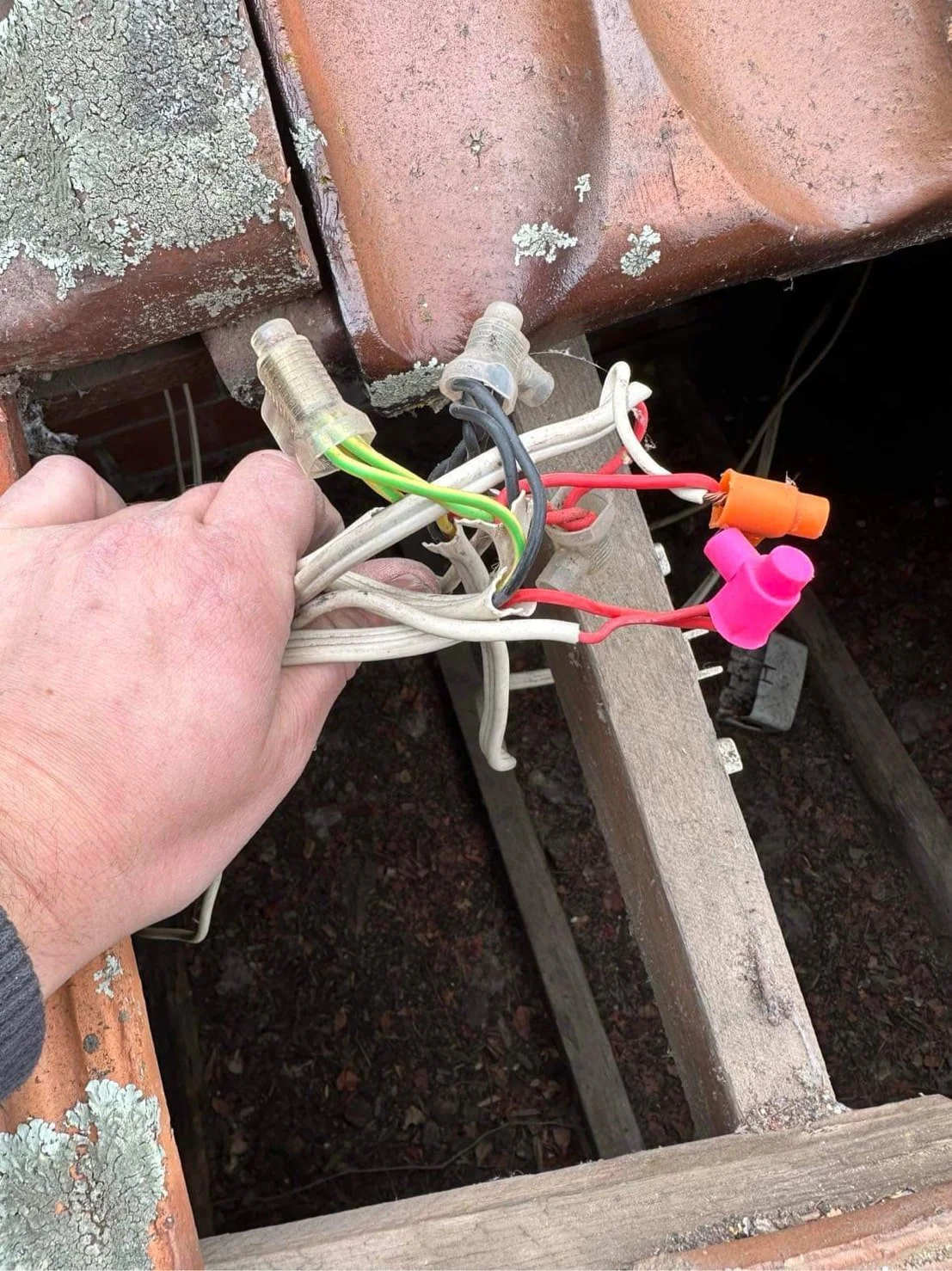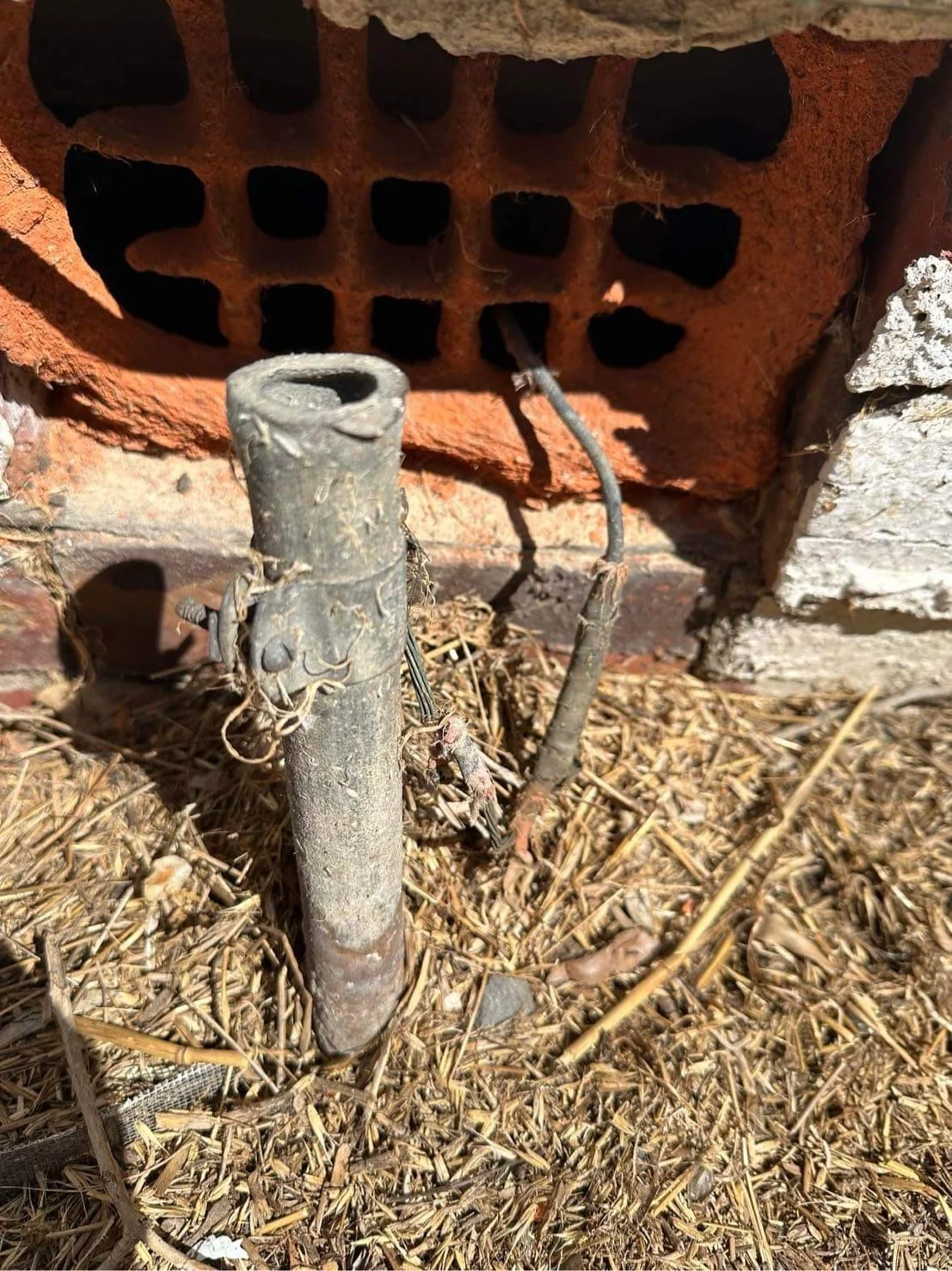How Much Does It Cost to Rewire a House in Australia?
I. Introduction
Think of house rewiring as giving your home a safety makeover. It's not just about keeping the lights on; it's about making sure everything runs smoothly and safely. But here's the deal: it can get a bit pricey. The cost really comes down to how big your place is and how tricky it is to reach the wiring.
In this guide, we're diving into all things house rewiring costs in Australia. Whether you're dealing with flickering lights or outdated wiring, we've got some simple tips to help you keep your home safe and sound.
II. Why Rewire Your House?
From flickering lights to tripped circuit breakers and malfunctioning outlets, these issues could be warning signs of outdated or faulty wiring in your home. Over time, wear and tear and changes in electrical standards and technology can make your wiring less effective or even unsafe. Homes with Vulcanised Indian Rubber cables (VIR cables) or cotton cloth wiring, often found in older properties (between 1910s to 1960s), are especially at risk of overheating and fire hazards.
If your house hasn't been rewired in many years, the wiring might not meet current safety standards and could pose risks. Upgrading your wiring can bring several benefits:
Enhance safety by reducing fire hazards.
Boost your property's value.
Improve energy efficiency, saving you money.
Enable the installation of modern technologies like sensors for added convenience and security.
Investing in rewiring your home is a smart move to ensure a safer, more efficient, and modern living environment.
III. Top 4 Factors Affecting Rewiring Costs
The total cost of rewiring your house can vary. Let's delve into the different factors that affect the cost, so you know what to anticipate and how to plan ahead.
House Size and Layout
The size and complexity of a house are key factors in determining rewiring expenses. Bigger homes with complicated designs require more wiring and labour. For example, multi-story houses and specific spaces like kitchens or home offices could result in higher costs because of the extra work needed.
Age of the House
Older homes can pose specific challenges when it comes to rewiring. Outdated materials may need updates to meet safety standards, which can involve making significant compliance changes. Aging wiring tends to deteriorate over time, so it's important to inspect it carefully and consider replacing it to ensure reliability.
Here is an image of an old switchboard that requires replacement due to deteriorated wiring and faults. It is important to keep wiring up-to-date to avoid safety hazards.
Type of Wiring Used
The choice of wiring material affects costs. Here at AJD Electrical Solutions, we use the most common type, copper. Copper is known for its durability, but it comes at a higher price point. On the other hand, aluminium is more cost-effective at the outset but may raise safety concerns.
It is advisable to discuss with your electrician to assess the advantages and disadvantages, ensuring alignment with your budget and specific requirements when selecting wiring materials for your electrical installation.
Accessibility
Accessibility impacts rewiring costs. Easier access, such as in unfinished basements, saves time. On the other hand, limited access, like in finished attics, increases labour and expenses.
Additional upgrades and features raise rewiring expenses, requiring careful planning. Introducing smart home technology (such as security cameras) or specialty lighting enhances functionality but comes with higher costs. Understanding these aspects helps in effective budgeting.
Close collaboration with your electrician ensures a successful project that meets safety and quality standards, surpassing expectations.
IV. Average Costs of Rewiring in Australia
The average cost of rewiring in Australia varies based on house size and location. For instance, rewiring a 2-bedroom house (single-phase power) typically costs $3,000 to $8,000, while a 4-bedroom house may range from $7,000 to $15,000.
Regional differences play a role, with metropolitan areas like Melbourne having higher costs than rural areas. Additionally, budgeting for permits and inspections is essential, with fees ranging from $50 to $200 for permits and $50 to $300 for inspections.
By considering these factors, homeowners can budget effectively and ensure compliance with local regulations for a successful rewiring project.
V. Choosing the Right Electrician
Selecting the right electrician for your rewiring project is crucial for ensuring safety and quality workmanship.
Emphasise Licensing and Experience
It's important to always choose a qualified and experienced electrician. They have the right training and skills to safely and effectively manage your rewiring requirements.
Vetting Tips
When choosing an electrician, remember to:
Read reviews
Request references from previous clients
Compare quotes from different professionals
This will help you assess their reputation, reliability, and pricing.
Detailed Quotes
To get a clear idea of the costs involved, ask each electrician for a detailed quote. This should include what work will be done, the materials needed, labour charges, and any extra fees. Having a comprehensive quote will help you grasp the total project cost and guarantee transparency and accountability.
By focusing on licensed professionals, carrying out thorough checks, and getting detailed quotes, you can confidently pick the right electrician for your rewiring job. This approach ensures peace of mind and a successful outcome.
VI. How to Prepare Your House For Rewiring
Preparing your home for rewiring is essential for a smooth and successful project. Here's what homeowners should do to rewire a house:
Clear work areas to make access easy.
Protect furniture and electronics from dust and debris.
Before the project, switch off power in designated areas for safety.
Inform family members about safety measures and avoid using electrical appliances.
Be prepared for temporary inconveniences like power outages, and have essentials stocked up.
Rewiring duration varies, typically taking a few days to a few weeks.
Schedule the project to minimise disruption, considering family schedules and events.
VII. Tips To Save Money on Your Rewiring Project
Reduce rewiring costs while maintaining quality with these tips:
Prioritise essential areas
Instead of rewiring the entire house at once, focus on critical areas with safety concerns or outdated wiring, such as the kitchen or bathrooms, to minimise costs while addressing immediate needs.
Plan strategically
Coordinate with your electrician to schedule the rewiring during off-peak times or when they offer discounts or promotions, optimising savings without compromising quality. You can even ask for bundle services to get multiple electrical upgrades at a low price.
IX. Conclusion
Rewiring your wire in your cost house is crucial for ensuring safety, efficiency, and peace of mind. Throughout this guide, we've explored various aspects of house rewiring, including signs indicating the need for rewiring, factors influencing costs, preparation steps, and money-saving tips.
Addressing electrical issues promptly safeguards your home and loved ones. Engaging a licensed and seasoned electrician guarantees the quality and safety of the rewiring project.
Contact a professional electrician today for a personalised quote and take the first step towards a safer and more efficient home. Your electrical system deserves the attention it needs for a brighter and safer future.
Find an electrician near you! Click here.
FAQs
-
The best time to rewire a house is when you see signs of electrical issues, like flickering lights or often tripped circuit breakers. It's also a good idea to rewire during renovations or before moving into a new home for safety and efficiency.
-
The time needed for rewiring depends on factors like house size, complexity, wiring area accessibility, and any additional upgrades or modifications. On average, rewiring a standard-sized home can take several days to weeks.
-
In most cases, homeowners can remain in their house during rewiring, mainly if the work is confined to specific areas and temporary power arrangements can be made.
However, discussing safety precautions and any necessary accommodations with your electrician beforehand ensures minimal disruption and maximum safety for occupants.






